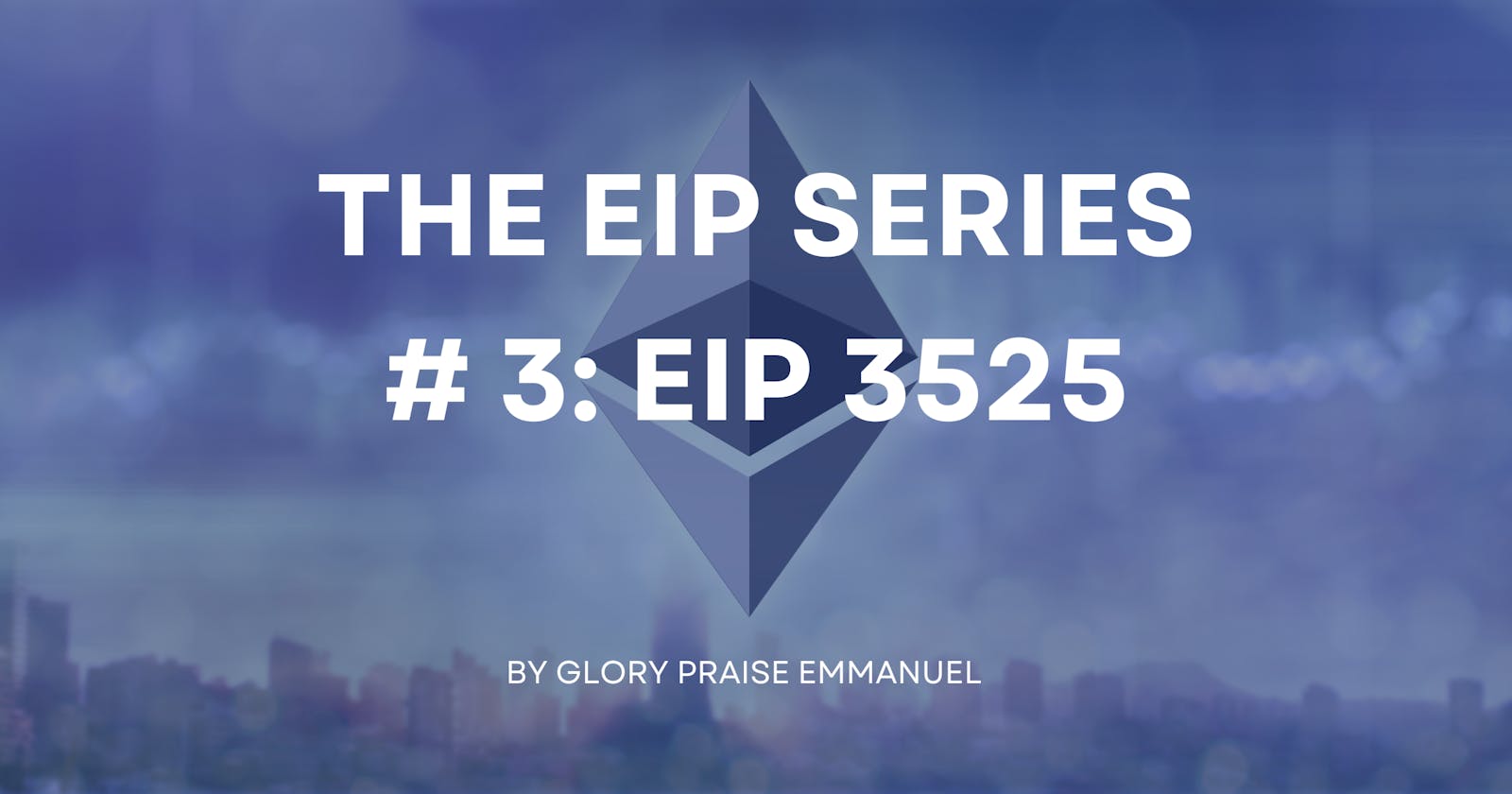EIP-3525 also called the "semi-fungible token" (SFT) standard, is a proposal to create a new way of representing unique digital assets that are best suited for financial instruments rather than collectibles or in-game items on the Ethereum blockchain. The goal of this EIP is to provide a clear and standardized way to define and manage these unique digital assets. This standard introduces a <ID, SLOT, VALUE> triple scalar model that represents the semi-fungible structure of a token. The standard also includes new transfer and approval models that take into account the semi-fungibility of these tokens.
Introduction
In the world of crypto, tokenization is a crucial trend for controlling and using digital assets. Two traditional approaches have been used for tokenization: fungible and non-fungible tokens. While fungible tokens use the EIP-20 standard and are efficient, they lack the ability to differentiate digital assets from each other. Non-fungible tokens, on the other hand, can distinguish digital assets but do not have quantitative features. However, a new standard called EIP-3525—the semi-fungible token standard—could potentially solve these issues. This standard aims to combine the quantitative features of EIP-20 with the qualitative attributes of EIP-721, resulting in a more manageable and flexible way to tokenize digital assets. In this article, we will explore EIP-3525 and how it can benefit the world of tokenization.
Advantages of EIP-3525
Offers clear guidelines for managing and representing semi-fungible tokens
Makes it simple to transfer semi-fungible tokens
Provides a more standardized and adaptable method to describe distinctive semi-fungible tokens.
Disadvantages of EIP-3525
Possible compatibility concerns with current NFT standards and dApps, despite the fact that this EIP is backward compatible with EIP-721.
The difficulty of implementation.
Acceptance challenges as the standard are still not generally used.
Conclusion
EIP-3525 offers a solution for representing and managing semi-fungible tokens on the Ethereum blockchain. By providing a clear and standardized way to define and manage unique digital assets, this EIP is expected to benefit both developers and users of the Ethereum ecosystem. While the implementation of EIP-3525 may pose some challenges, its benefits make it a valuable addition to the Ethereum blockchain.

